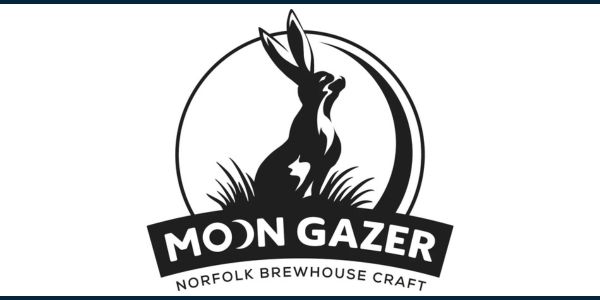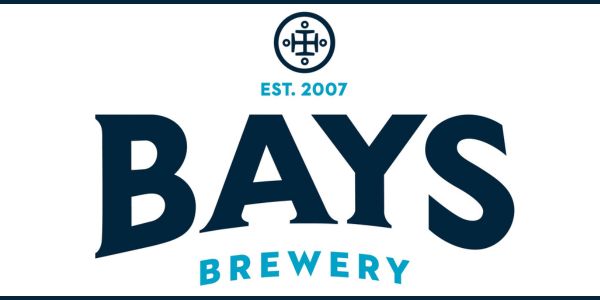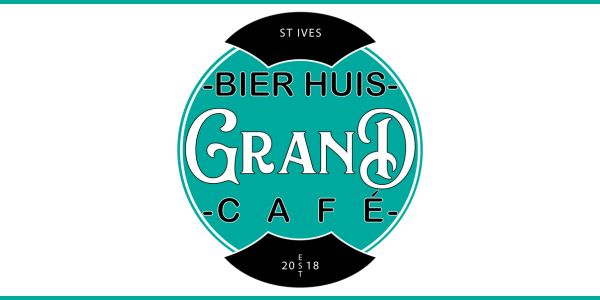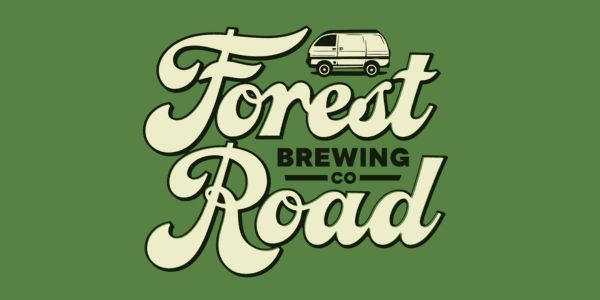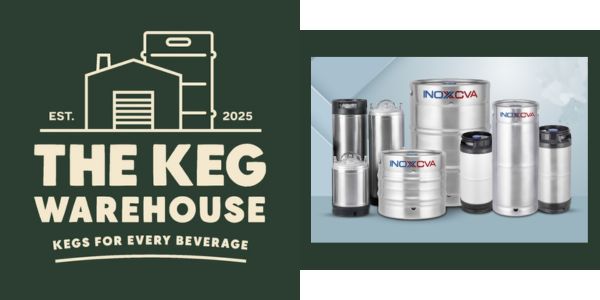As part of its drive to become a more sustainable business, Powderkeg Beer has switched all of its can labels to Forest Film, a bio-plastic developed in Northern Europe.
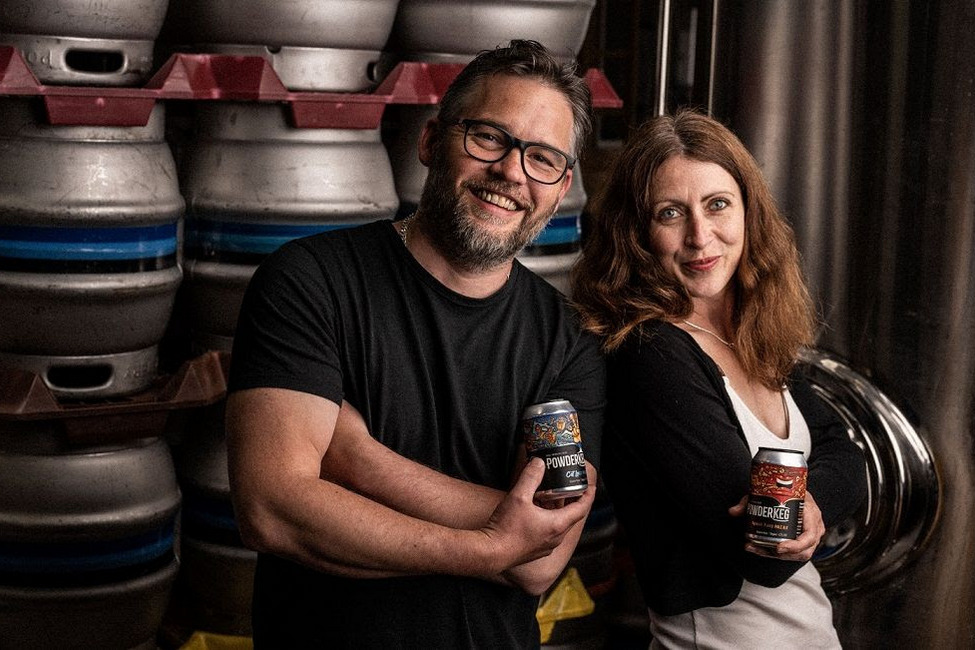
Powderkeg co-owners John and Jess Magill
Made from cellulose from trees, it’s a by-product of the paper industry. As well as being made from renewable resources, its production uses much less energy and water than standard polypropylene can labels.
Using paper on chilled canned products is not feasible due to condensation, which causes labels to wrinkle and tear, so before Forest Film appeared as an option, there was no choice but to use fossil fuel based plastic when labelling drinks.
Powderkeg co-owner, Jess Magill, said: “We’re delighted to have made the switch to Forest Film. The print quality is great, so there’s no compromise on performance. It is more expensive, but I think as a responsible business you have to make decisions based on more factors than just profit. Hopefully, as these fossil fuel plastic alternatives get more popular, the price will come down.
“Sustainability is a journey and this is another step in the right direction. We have minimised our plastic use, use recyclable and biodegradable packaging for our mail order service, and clean and re-use supposedly ‘single-use’ items like keg caps. We also re-purpose cardboard boxes that we receive for our own deliveries and have switched to a paper-free office.
“We also believe that supporting local is a big part of sustainability, so we endeavour to source as many of our goods and services as possible from Devon or the South West, and encourage others to do the same.”
Co-owner John Magill added: “The more local businesses can support each other, the better our local economy gets. Where possible, stop putting money in the pockets of multinational corporations, and look at the quality and value available on your doorstep. Customers respond well to it, you usually get much better service and develop good business relationships. It’s a win-win.
“Brewing is an energy-intensive industry so it’s important to drive improvements where we can. We have learned that the sustainability journey is one of many small steps. The key is to keep improving bit by bit.”


